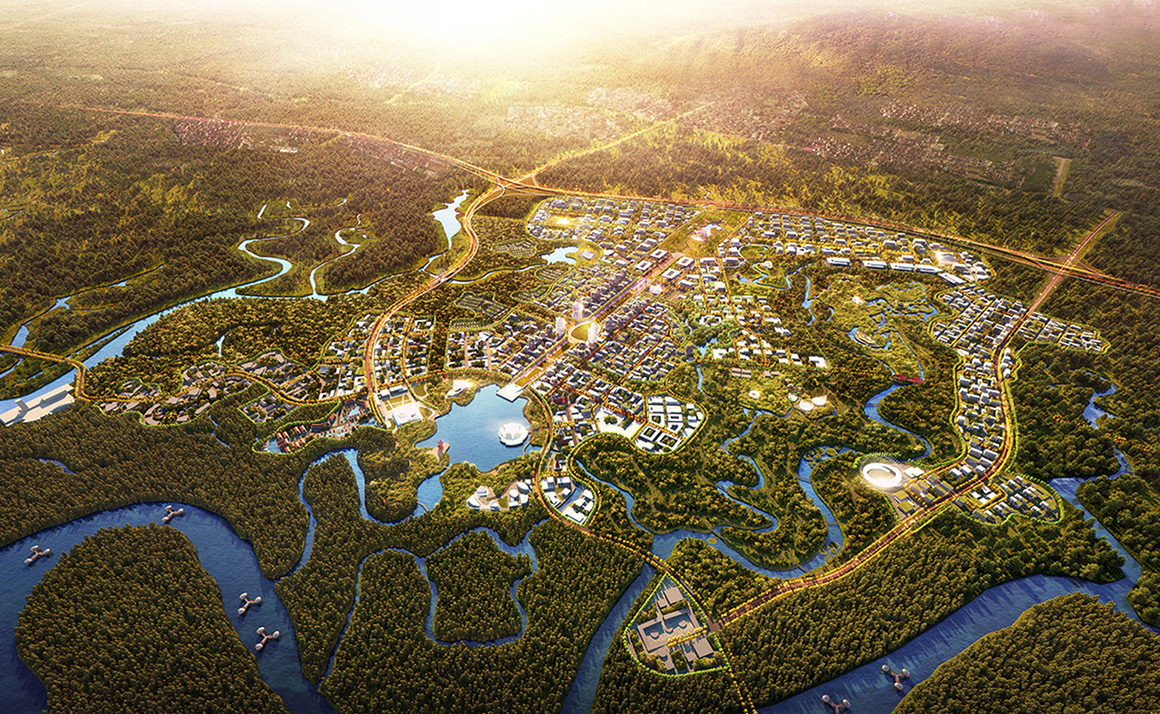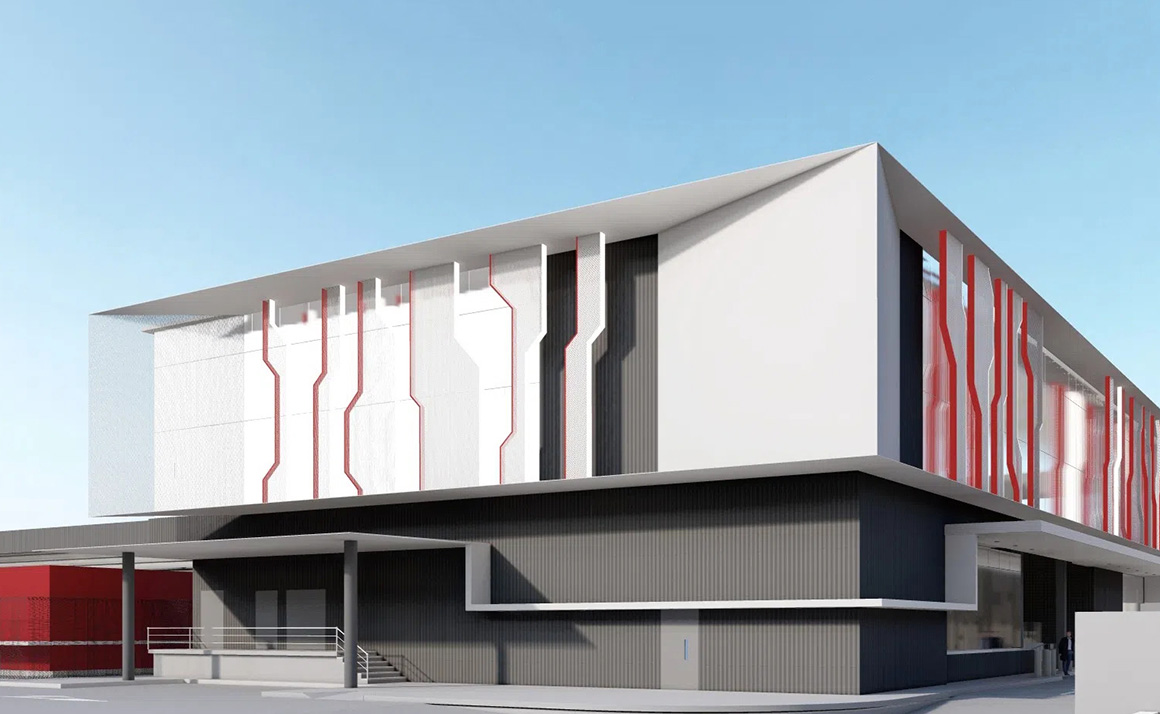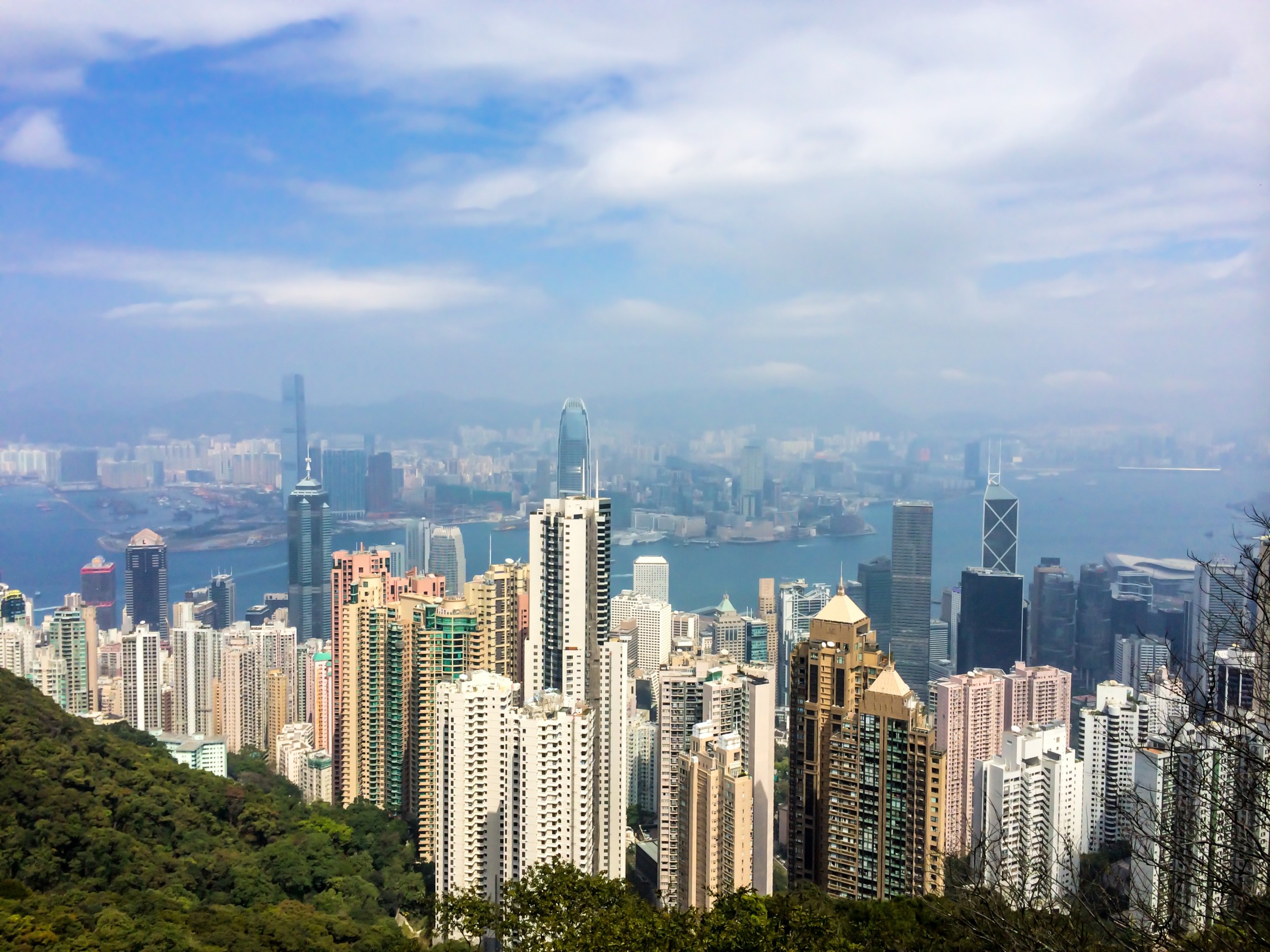
Building the future: what will Indonesia’s new capital mean for real estate investors?
Indonesia embarks on a historic $35 billion journey to build a new capital, Nusantara, in East Kalimantan, aiming to alleviate Jakarta's urban woes and foster national unity.
Work has begun on a new capital city for Indonesia, a $35 billion project which is seeking foreign investors to fund a new chapter in the country’s history.
Indonesia plans to move its capital from Jakarta to a new city named Nusantara in East Kalimantan on the island of Borneo. The move is intended to relieve pressure on Jakarta, located on the island of Java, which is plagued by traffic and pollution. It is also sinking at an alarming rate, up to 25cm a year in some parts.
Moving the capital will also be a boost to national unity as the new location is pretty much in the centre of Indonesia’s sprawling collection of islands. At present, because the seat of government is in Java, investment is skewed to that region.
“As well as being the centre of government, the new city is designed to be an exemplar of smart and sustainable development as well as a tourist destination,” says Dani Indra Bhatara, Director, Research & Consultancy, at Savills Indonesia.
The idea of moving the capital has been mooted previously, but today’s plans were set in place by President Joko Widowo, shortly after he took office in 2019. Work was delayed by the pandemic but the first phase infrastructure works are underway, as well as the construction of new government buildings to house departments which will be relocated from Jakarta.
A second phase will see the building of mixed-use developments with housing, schools and hospitals, explains Bhatara. This will be key to the initial growth of the city, which is targeting a population of 1.2 million by 2029, he says.
Further phases will add more transport infrastructure and open up more areas for development. By 2040, the Indonesian government projects a population of 1.7-1.9 million and by 2045 the city should have net zero carbon emissions.
“We were quite surprised to see so much activity when we visited recently”, Bhatara says. “New businesses have already sprouted up to serve the construction workers and other visitors.”
However, the project has yet to attract much-needed overseas investment. This is partially for political reasons. Indonesia has a general election in February and there is an outside chance that a candidate who does not support Nusantara will be elected, thus shelving the exercise.
Bhatara says: “We hear that a number of investors are interested but will not formally commit until after the election. We expect to see interest from China, which has invested in Indonesian infrastructure, as well as Japan and Singapore, both important sources of overseas capital.”
Nonetheless, a number of domestic companies have committed to the project. Developer Pakuwon plans a large mixed-use project on a 7.2 ha site, while Vasanta Group broke ground on a four-star hotel in September 2023.
Another challenge for the project is maintaining its sustainability credentials, despite being a greenfield development. Bhatara says the government is keen to maintain green space around the new city.
Finally, there is the question of what happens to Jakarta. Tommy Henria Bastamy, Senior Director, Research & Consultancy at Savills Indonesia, says: “The movement of government departments to the new capital will be gradual, so should have minimal effect on the office market, however there will be some impact on hotels, as many business and political visitors currently stay in Jakarta.
“The government will vacate a number of buildings, but these are older assets which will need to be reused creatively to attract new tenants. Jakarta will continue to be the financial capital for Indonesia.”
In January, the Indonesian government announced plans to build a sea wall to protect the city. The three-stage plan will take decades to complete and its first two stages will cost $10.5 billion, with no estimates released for the cost of the final phase.
Further reading:
Savills Indonesia Research
Contact us:
Dani Indra Bhatara



